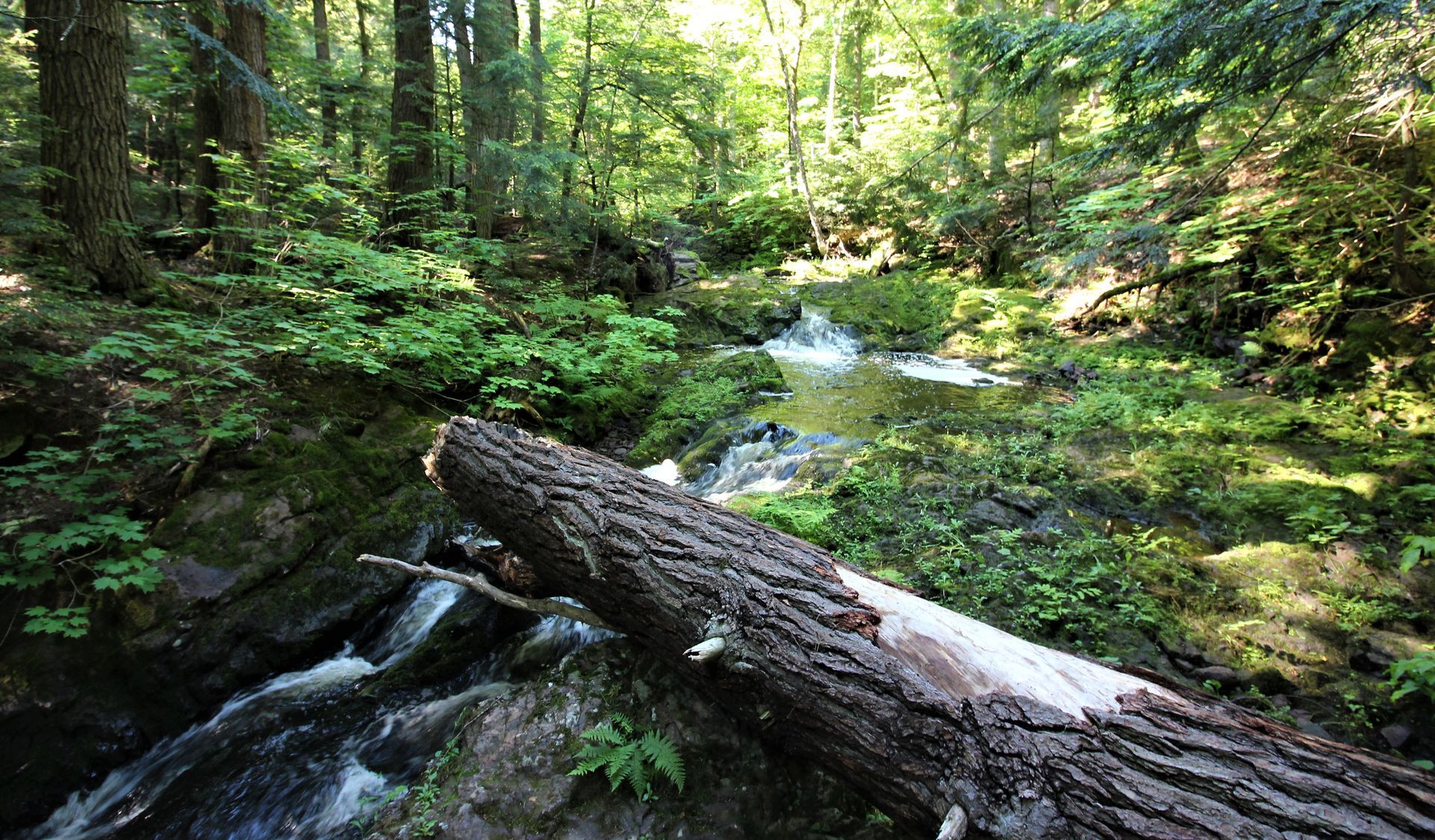Great Lakes decree put in place despite stakeholders’ and anglers’ objections
A federal judge accepted a proposed consent decree controlling five sovereign Michigan Tribes, the federal government and the state, overruling evidence that expanded gillnetting would negatively impact the Great Lakes.
In handing down his order, Judge Paul Maloney rejected the Coalition to Protect Michigan Resource’s claim that biological harm is likely to happen to the resource and there will not be proper measures in place to mitigate that harm.
Gillnetting in Michigan was banned by the Michigan Department of Natural Resources during the 1970s after research concluded gillnets are non-selective and have disastrous consequences for fishery populations. The Tribes asserted their treaty right to fish with gillnets, and after several court cases and injunctions, the first Great Lakes Consent Decree was adopted in 1985.
CPMR members have served as amici through every iteration of the court litigation and negotiations since the late 1970s. President Tony Radjenovich said conservationists and anglers across the state should be concerned about this decision.
“Expanded gillnetting now allowed in bays and other areas of the lakes that haven’t had them for more than 40 years will cause social and biological consequences to the fishery resource,” Radjenoivch said. “Our groups were trying to be proactive in protecting the Great Lakes fisheries by objecting to these measures being implemented through this decree; however, now we will have to remain even more vigilant to ensure our worst-case scenarios do not come to pass.”
The Sault Ste. Marie Tribe of Chippewa Indians did not consent to the decree. They are the only party to the case not to do so. During these negotiations, CPMR has acted as an amicus or friend to the court.
Amy Trotter, chief executive officer of Michigan United Conservation Clubs and CPMR treasurer, said accountability and oversight will be key moving forward.
“We have to focus on ensuring that the words on paper and the intent are followed through with and that all negative consequences are mitigated under the decree,” Trotter said. “Regardless of the words on paper, the Michigan DNR, United States Fish and Wildlife Service, the five Tribes and stakeholders must strive to ensure no commercial activity or management decisions cause undue harm to the resource.”
CPMR comprises Michigan United Conservation Clubs, the Michigan Charter Boat Association, the Michigan Steelhead and Salmon Fishermen’s Association and Hammond Bay Area Anglers, accompanied by an assortment of angling and conservation supporting members.
Since the coalition’s inception, it has worked to ensure that recreation anglers’ voices are represented during the Great Lakes Consent Decree negotiations. You can support the work of CPMR by donating here: https://www.gofundme.com/f/protect-great-lakes-sportfishing.
The post Great Lakes decree put in place despite stakeholders’ and anglers’ objections appeared first on Michigan United Conservation Clubs.
Recent Posts



